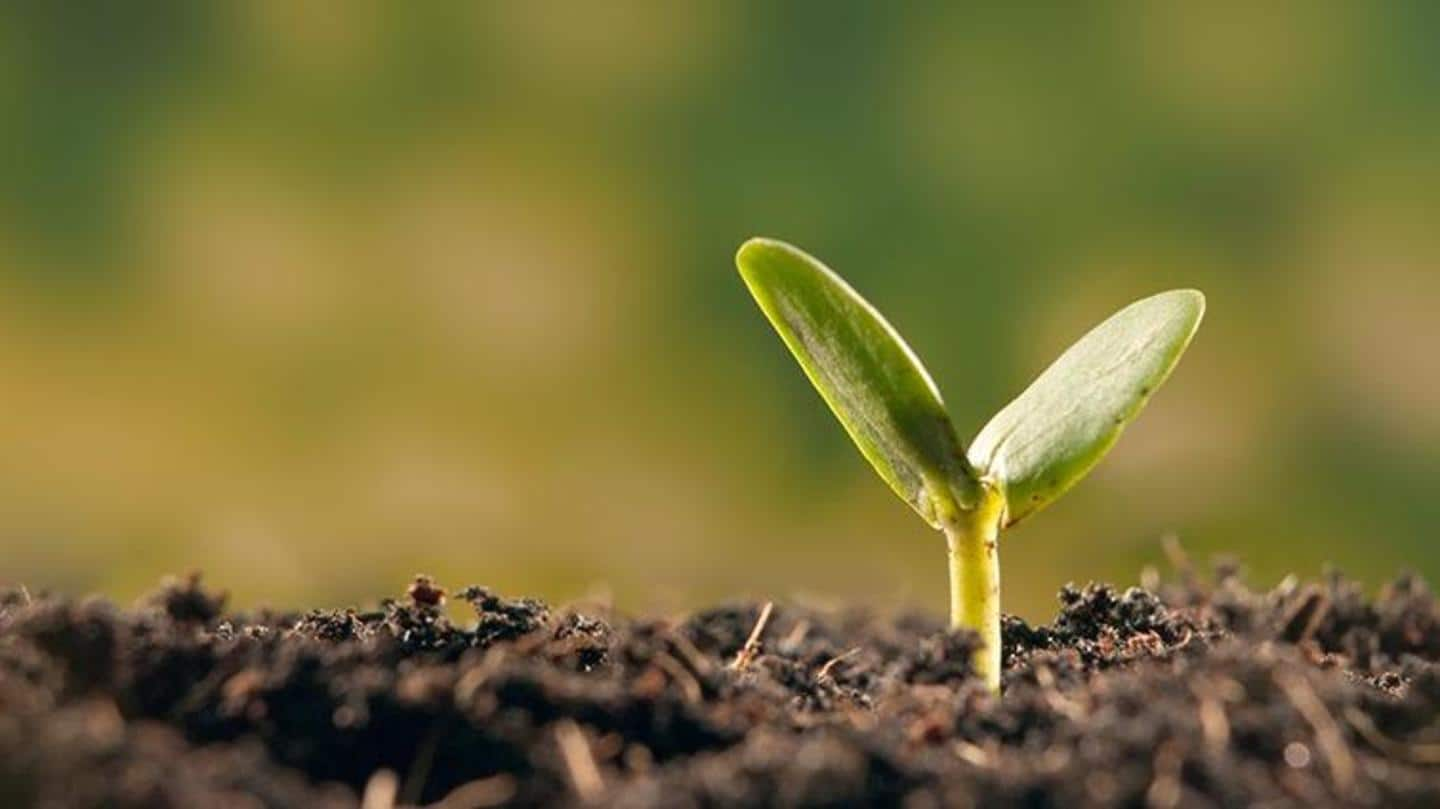
#HealthBytes: Why you should consider cultivating interest in gardening
What's the story
Messy hands and mowing the lawn may not be a lucrative idea for a "hobby," but what if we told you that gardening has a host of health benefits?
From the outside, it may look tedious for those unfamiliar with it.
But once you immerse yourself into the process, you will be surprised at how gardening is a therapeutic process like none other.
Exercise
Pretty much works out every muscle in the body
If you don't like the idea of working out in the gym, gardening might be the right one for you.
Being a multi-step process, it requires a lot of physical work and pretty much works out every muscle in the body.
Pulling out weeds and twisting and bending while planting new seeds engage all muscles in the body and helps with strength and flexibility.
Vitamin D
Get your share of that sunshine vitamin through this habit
Gardening involves a lot of, if not too much, time out in the sun. This makes it an ideal choice to get all that sunshine vitamin.
Exposure to sunlight helps our body synthesize vitamin D that protects against heart diseases, diabetes, depression, cancer, and other diseases.
Good levels of vitamin D are also crucial for calcium absorption, which is needed for strengthening your bones.
Fulfilling
Meditative process, fulfilling experience and one that makes you happier
A lot of patience and hard work is required when it comes to gardening.
From preparing the soil to planting the seeds and watering them regularly, it is a step-by-step process, where you receive the outcome (flowers, fresh fruits and veggies), after a certain period of time.
While the process is meditative, receiving the final produce is fulfilling and will make you happier.
Stress
The habit aids in rehabilitation and reduces stress hormones
Horticultural therapy is a part of many addiction recovery programs and studies prove that plants provoke positive feelings in people recovering from addictions.
Gardening helps reduce the levels of the stress hormone, cortisol.
Numerous researches have concluded that post a stressful experience, people who turned to gardening, had lesser levels of cortisol in the blood and even recovered quickly in comparison to others.
Dementia
Lowers the risk of developing Alzheimer's and dementia
Studies prove that engaging in physical activities such as gardening helps lower the risk of developing Alzheimer's and dementia.
For instance, a research that studied the brain scans of nearly 900 older adults found that physical activities such as gardening, walking, jogging, and dancing on a regular basis increase the gray matter in the brain.
This, in turn, may keep dementia at bay.